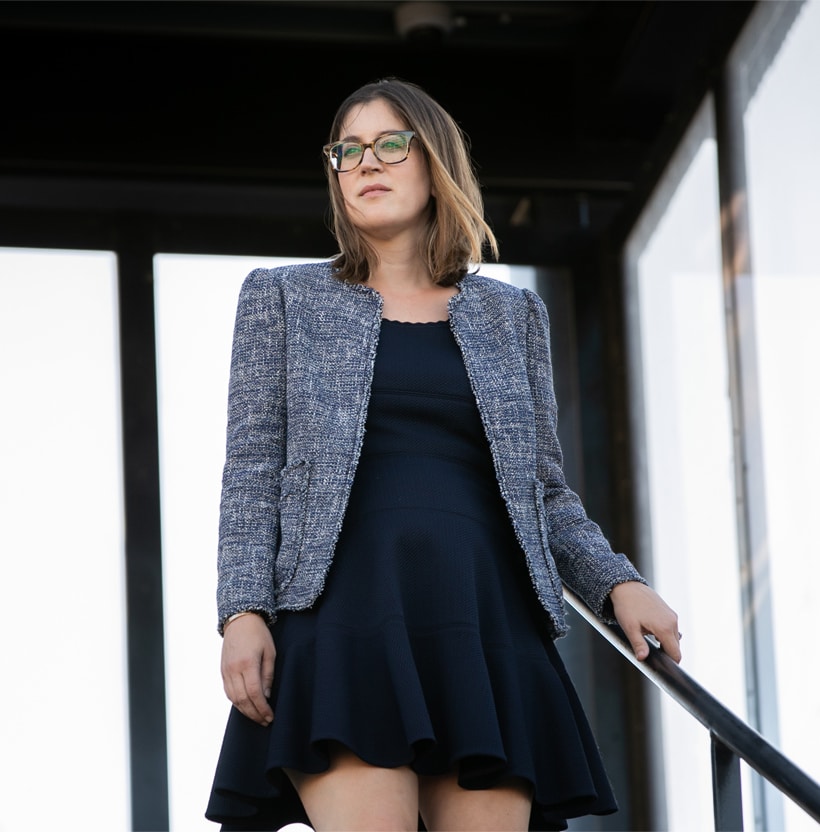Last month, a bill that will enact harsher sentences on domestic violence offenders with multiple convictions in Colorado was signed into law.
House Bill 16-1066, a bill called “Concerning An Habitual Domestic Violence Offender” was first introduced in early 2016 and sponsored by state Representative Kit Roupe, a Republican from Colorado Springs. The bill was passed unanimously by the House of Representatives, and was 2 votes away from being passed unanimously by the Senate. It became a state law and went into effect in early July.
The bill is meant to give prosecutors help in proving that certain defendants are guilty of habitual abuse. Roupe hopes to prevent convicted offenders from receiving “lenient sentences.”
What Does This Mean for Domestic Violence Offenders?
HB 16-1066 states that if you have already been convicted of three or more offenses that included an act of domestic violence, you can be tried as a “habitual domestic violence offender.” While this language has been in place for some time, it is meant to help prosecutors in court, giving them the argument that the defendant is more likely to commit domestic violence-related crimes again.
The big changes made by HB 16-1066 concern the sentencing for habitual domestic violence offenders. Previously, being charged again with domestic violence meant that you would face class 1 misdemeanor charges. The recent change enacted by HB 16-1066 means these charges will be bumped up to a class 5 felony. This means huge changes in both sentencing and later consequences.
Being convicted of a class 1 misdemeanor has penalties of 6-18 months in jail and fines between $500 and $5,000.
Being convicted of a class 5 felony has penalties of 1-3 years in jail and fines between $1,000 and $100,000. If your crime is considered an “extraordinary risk crime,” you could face up to 4 years in prison.
Felony Consequences
If you haven’t faced a felony charge before, being labeled a “habitual domestic violence offender” may come as a shock. There are extra consequences and penalties that come with felony convictions.
As a convicted felon, you would be restricted from the following:
- Receiving a license to be a peace officer or educator
- Holding an office of honor or trust
- Practicing as an attorney
- Applying for SNAP federal assistance
Being a convicted felon, rather than misdemeanant, may also affect future job prospects and even your living situation. If you have already been convicted of misdemeanor domestic violence-related charges, you know how hard it can be to find a good apartment or job with those convictions hanging over your head. Felony charges make engaging in these seemingly simple acts of everyday life even harder.
How to Prevent Becoming a Convicted Felon
Unfortunately, HB 16-1066 will not be the last bill to place harsher restrictions on convicted criminals. Bills that enact harsher sentences for violent offenders often pass easily because they are considered great political moves. If you have prior convictions or face convictions for violent offenses, it is important to keep yourself updated on legislation that changes sentencing and consequences.
Concerning this new law, the best way to avoid the title of “habitual domestic violence offender” is pretty straightforward – avoid multiple convictions. The best way to do that? If you have been charged with offenses that include acts of domestic violence, contact a Colorado criminal defense attorney immediately.
About the Author:
Kimberly Diego is a criminal defense attorney in Denver practicing at The Law Office of Kimberly Diego. She obtained her undergraduate degree from Georgetown University and her law degree at the University of Colorado. She was named one of Super Lawyers’ “Rising Stars of 2012” and “Top 100 Trial Lawyers in Colorado” for 2012-2016 by The National Trial Lawyers. Both honors are limited to a small percentage of practicing attorneys in each state. She has also been recognized for her work in domestic violence cases.






